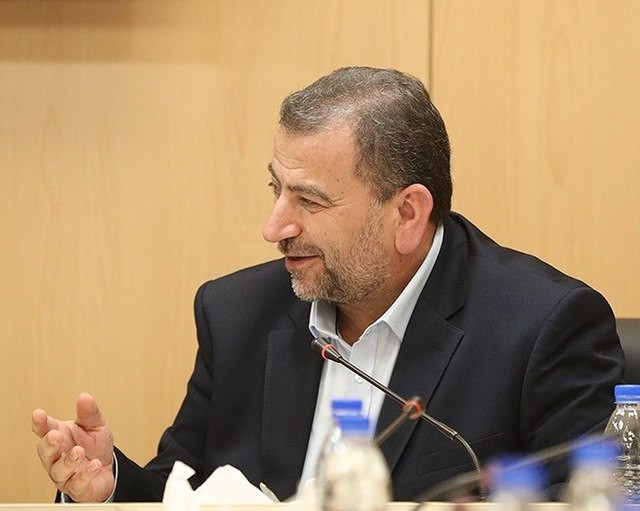Saleh al-Arouri, the deputy leader of Hamas based abroad, was killed in an alleged Israeli strike in Dahiyeh, a suburb of Beirut. As reported by the Hezbollah-linked al-Mayadeen, the high-ranking figure within the Hamas organization, which Israel and several other countries designate as a terrorist organization, met his end amidst a tense climate of conflict and retaliation.
Saleh al-Arouri, aged 57, was not just any leader within Hamas; he was the deputy head of its political bureau and considered the de facto head of the group's military wing in the West Bank. Israeli intelligence had linked him to several high-profile incidents, including the June 2014 kidnapping and murder of three Israeli teenagers - an event that sent shockwaves through the region and intensified Israeli-Palestinian hostilities.
Prime Minister Benjamin Netanyahu, in a press conference held previously, made it clear that Israel's intelligence agency, Mossad, was directed to act against the heads of Hamas "wherever they are," a statement reflective of Israel's longstanding policy of targeted assassinations against leaders of groups it designates as terrorists. Defense Minister Yoav Gallant echoed this sentiment, asserting that all Hamas leaders were living on borrowed time and that the struggle against them was worldwide.
Arouri's history with Israel was long and contentious. Having served multiple terms in Israeli jails, he was released in March 2010 as part of efforts to reach a larger prisoner swap for Gilad Shalit, an IDF corporal kidnapped by Hamas in 2006. The deal that Arouri helped broker saw more than 1,000 Palestinian prisoners released in exchange for Shalit in 2011. After his release, Arouri moved to Istanbul but later relocated to Beirut due to diplomatic pressures.
From Beirut, Arouri continued to be a thorn in Israel's side, managing Hamas's military operations in the West Bank and orchestrating terror activities, including arranging the transfer of funds for terror attacks. His connection to Iran and the Hezbollah terror group in Lebanon was also well-noted, reinforcing his status as a significant figure in the axis of resistance against Israel.
The strike that killed Arouri reportedly targeted an office belonging to Hamas in the southern suburbs of Beirut, an area known for its strong Hezbollah presence. Lebanese reports suggested that both an apartment and a vehicle were targeted, indicating the precise and calculated nature of the strike.




